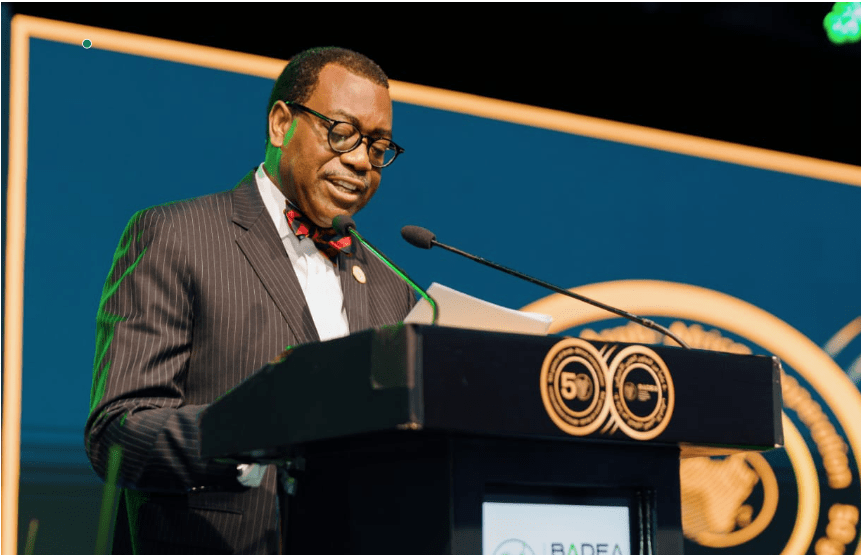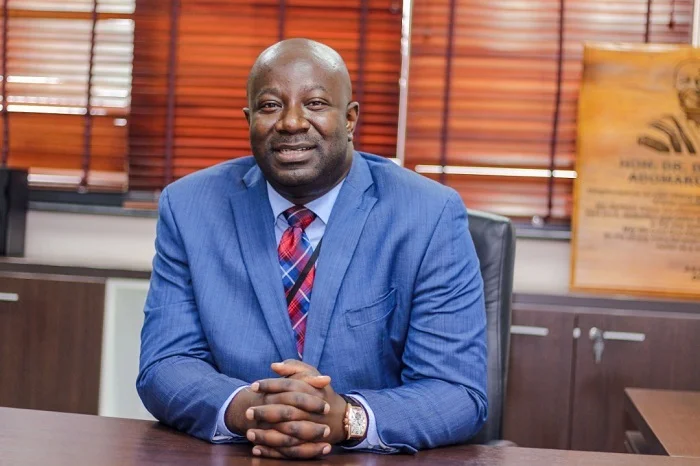The African Development Bank (AfDB) has urged Ghana to implement reforms to enhance macroeconomic stability and support structural transformation efforts.
The report highlights three key issues affecting Ghana’s structural transformation.
It indicated that job concentration is predominantly concentrated in less productive sectors such as personal services, agriculture, wholesale and retail, and manufacturing.
The report noted that underexploited issues in Ghana are not fully leveraging factors crucial for structural transformation, including deteriorating institutional quality, low export diversification, inadequate infrastructure, moderate human capital development, and ineffective urbanization.
It stressed sectoral bottlenecks as challenges, including the dominance of the informal sector, high vulnerability to climate change, limited and costly credit access, and a significant share of young people not in education, employment, or training.
Despite experiencing sustainable economic growth since the 1990s, the report said Ghana’s progress has been accompanied by weak structural transformation and recent instability.
“Ghana must pursue reforms aimed at strengthening macroeconomic stability and supporting structural transformation efforts. On the one hand, monetary, budgetary and exchange rate policies must be oriented to further control inflation by bringing it back towards its target, reducing pressure on exchange rates (more stability), reducing the public deficit by rationalizing public spending (reducing non-productive expenditure) and mobilizing more internal resources, and stimulating inclusive and sustainable growth.”
[gview file=”https://www.theghanareport.com/wp-content/uploads/2024/08/ghana_final_2024.pdf”]
The country advanced from low-income to lower middle-income status in 2010, driven by oil production and stable policies.
However, post-COVID-19 recovery has been sluggish, with real GDP growth slowing to 3.8% in 2022 from 5.1% in 2021, and an estimated 2.9% in 2023.
This slowdown is attributed to macroeconomic instability, tightening global financial conditions, and multiple shocks, including a sharp depreciation of the Cedi and a debt crisis in December 2022.
The report, released on July 31, underscores the substantial financial requirements for structural transformation in Ghana.
To accelerate this process and align with the best-performing developing countries, Ghana needs to mobilize USD 4.87 billion annually until 2030 for Sustainable Development Goals (SDGs) and USD 0.85 billion annually until 2063 for the African Union (AU) Agenda 2063.
Currently, Ghana has mobilized only a third of these funds.
The report calls for increasing the tax-to-GDP ratio by 3.8 percentage points for SDGs and 0.7 percentage points for the AU Agenda, along with reallocating resources to high-need sectors like education and energy.
“A more business-friendly environment to stimulate investment (domestic/foreign) in key sectors for structural transformation and a coherent urbanization framework could help accelerate the process.
“On the other hand, key reforms should include improving coordination and sequencing of public sector development initiatives in line with the country’s fiscal position; fast-tracking the ongoing debt restructuring, enhancing the scope for concessional finance, and deepening financial markets to increase access to affordable credit; and strengthening stakeholder engagement and coordination of development assistance to maximize synergies and impact.”
















